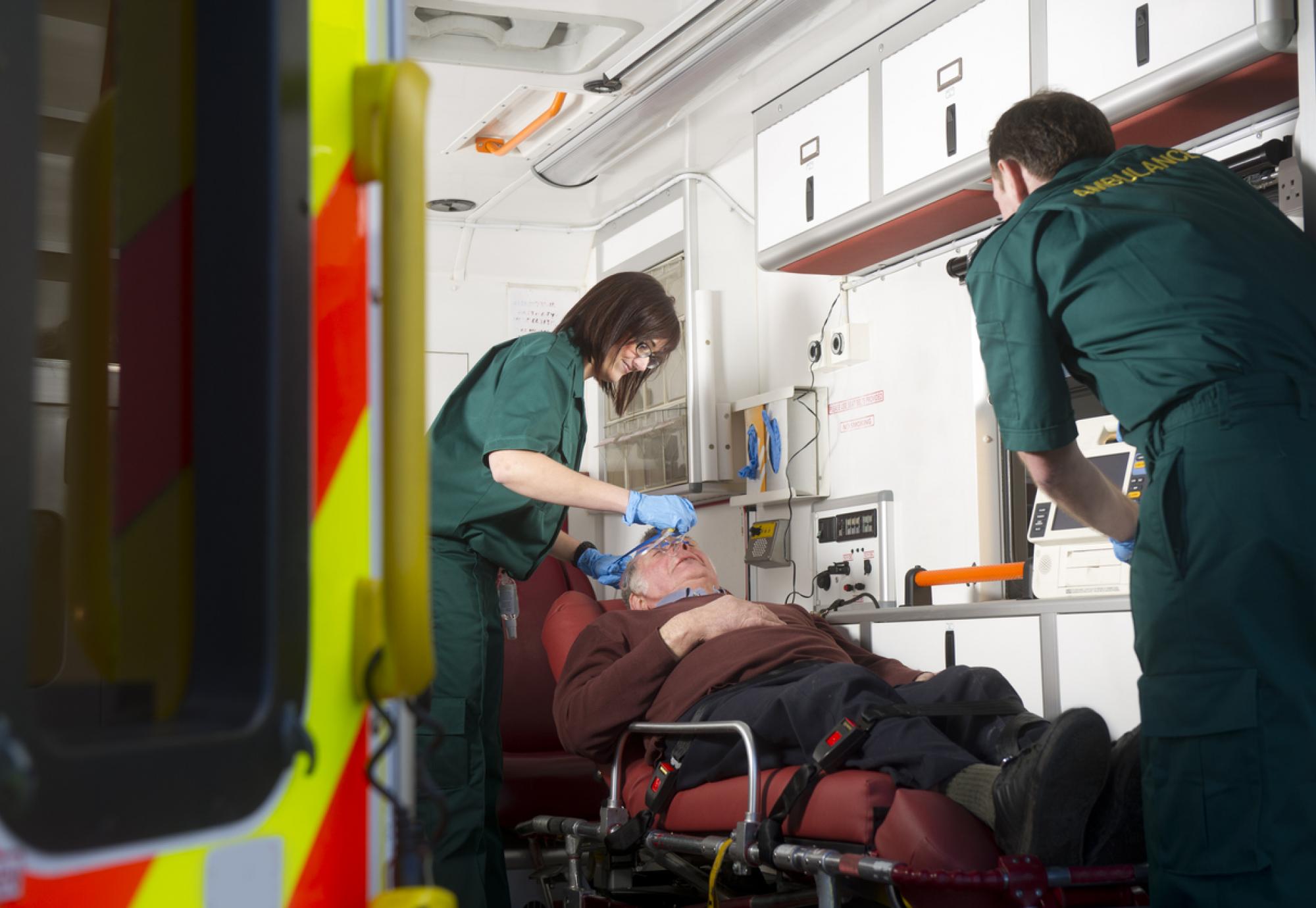Injured women are not as likely as men to receive the potentially life-saving drug tranexamic acid (TXA), even though it is equally effective regardless of sex.
The study was conducted by experts from University Hospitals Plymouth NHS Trust (UHP) and the London School of Hygiene & Tropical Medicine (LSHTM) and was published in the British Journal of Anaesthesia.
The investigation was split up into two parts with the first focussing on re-analysing data from two randomised trials consisting of over 20,000 adult trauma victims.
The findings from the original analysis were that TXA could save the lives of tens of thousands of accident victims worldwide, however after conducting further investigations into the data, researchers found that the drug is equally effective in men as it is in women and reduces the risk of death by up to 30%.
The second part of the study looked at data from the 216,000 injured patients included on the Trauma Audit Research Network (TARN), with the aim of seeing if women were being treated differently to their male peers.
Researchers found that women were half as likely to receive TXA than men – in and out of the hospital. The health inequality was present even when women were just as likely to die from bleeding as men, with the gap in administration most extreme in older patients and those with a lower risk of mortality from blood loss.
Professor Ian Roberts from LSHTM and study author, said: “These results are very concerning. TXA is the only proven lifesaving treatment for traumatic bleeding. Women were treated less frequently than men regardless of their risk of death from bleeding or the severity of their injuries.
“This looks like sex discrimination, and there is an urgent need to reduce this disparity in TXA treatment so all patients who need the drug have the chance to receive it.”
TXA is a safe and established treatment for bleeding with guidance currently stating that it should be administered when there is “known or suspected severe traumatic haemorrhage” and the injury occurred within the last three hours.
Professor Tim Nutbeam from UHP and study author, said: “These results are striking but sadly not surprising. It is already known that women with chest pain are less likely to receive aspirin, less likely to be resuscitated for out of hospital cardiac arrest, and less likely to be taken to hospital by an ambulance using lights and sirens.
“Although we have shown large sex differences in TXA treatment, we can only speculate about the underlying causes. Clinicians in the UK must be provided with clearer treatment guidance so that we can help reduce this bias. If all patients were treated according to need, we could save 160 lives per year in the UK.”
Find out more about the study by clicking here.



















